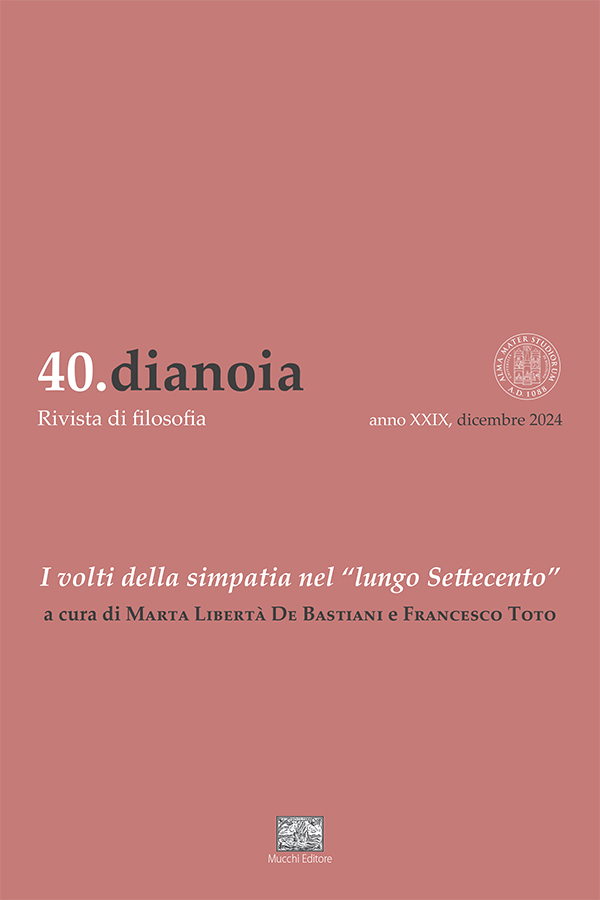Within the recent resurgence of interest in emotion in politics and the sentimental ethics of empathy in early modern philosophy and literature, I focus on an understudied topic: sympathy for the suffering on the scaffold, that is, the paradoxical sympathy that the lower classes seem to feel for the (future) executed. Before and during the French Revolution, Rousseau, Marivaux and de Grouchy attempted to explain the moral, aesthetic and political implications of the fascination that the spectacle of public executions evoked. In novels and chronicles that anatomized the mentality of the common people, especially the common people of Paris. Alongside a curiosity that led to an unprecedented emergence of popular culture, Marivaux identifies a chameleon-like popular sympathy for human suffering. Against the epistemological backdrop of an enlightened desire for knowledge beyond Christian prohibition, both Rousseau and de Grouchy emphasize the moral solidarity of the ordinary spectator with the future condemned to death, regarded as an equally vulnerable human being. But de Grouchy goes beyond passive humanitarianism to consider the institutional conditions of active citizenship that might transform popular ambivalence towards the spectacle of public executions into a stable civic solidarity.
Keywords: Public Executions, Sympathy, Rousseau, Marivaux, de Grouchy.

